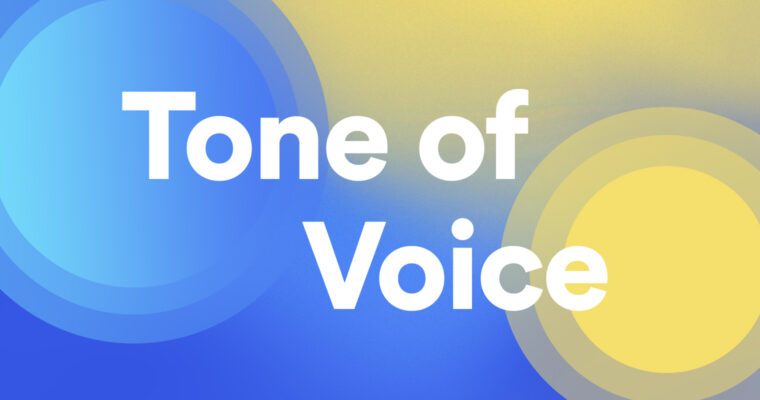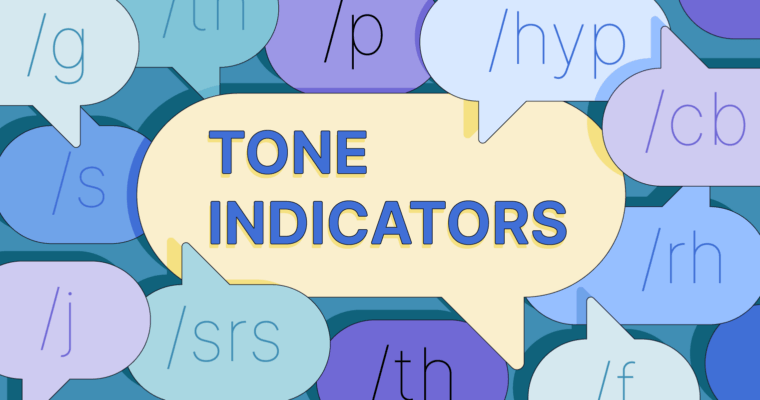
“Watch your tone!”
Did you hear this as a kid? Even if you didn’t, you have a general idea of how tone can affect your spoken communication: If you don’t strike the right tone, your listeners might miss what you’re saying because of how you’re saying it.
If you’ve ever wondered how you can use tone of voice to get your point across, look no further! Here’s some more detail on tone of voice and how to use it.
Tone of voice definition
“Tone of voice” is a common misnomer for “tone and voice in writing” or “tone in writing.”
The definition of “tone of voice,” according to Merriam-Webster, is actually “the way a person is speaking to someone.” In essence, it’s how you sound when you say words out loud.
On several marketing blogs, though, “tone of voice” is confused with written tone, especially when used to describe writing for a brand.
Tone of voice vs. tones of voice vs. tone and voice
As mentioned above, “tone of voice” is a phrase used to describe the spoken word, strictly speaking. But when it’s used inaccurately to describe tone in writing, there is often a list of “tones” described. These tones range from level of formality to emotional tones that exist across different types of writing.
If you are trying to modulate the tone of your speaking voice to help your audience better receive your message, you might want to check out some tips on presentations or having difficult conversations.
But if you’d like to develop your writing voice and tone, try this:
If you find yourself wondering how your message comes across to others, try writing messages in many different ways, experimenting with punctuation, sentence structure, and word choice, and read them out loud, imagining to yourself how you’d read these messages if you received them. —Veronica Ramirez, Grammarly Copy Editor
Tone of voice examples
Because Grammarly exists to help you with written communication, I’m not going to explain examples of vocal tone here. Instead, let’s talk about some examples of tone in writing.
Answer: Formal, Friendly, Optimistic
Answer: Angry, Accusatory, Informative






